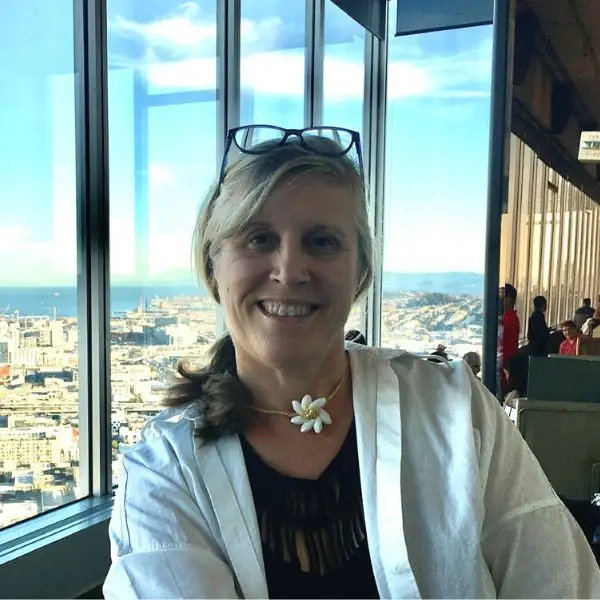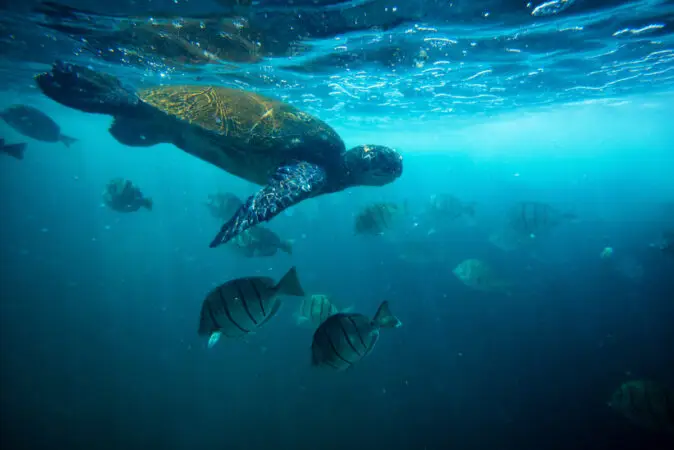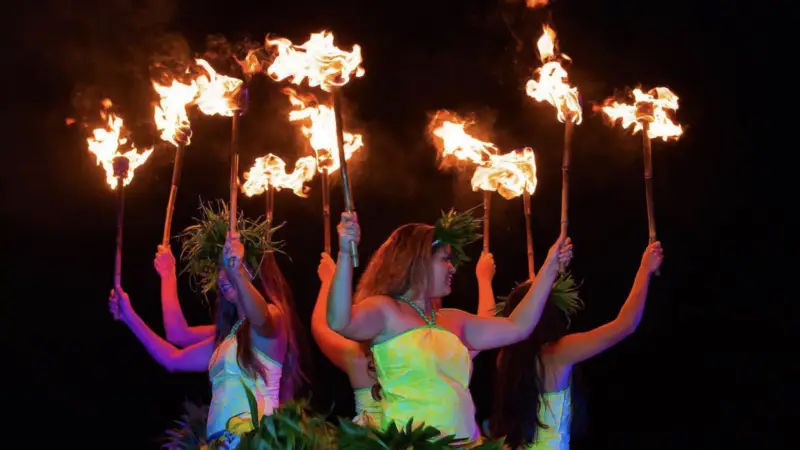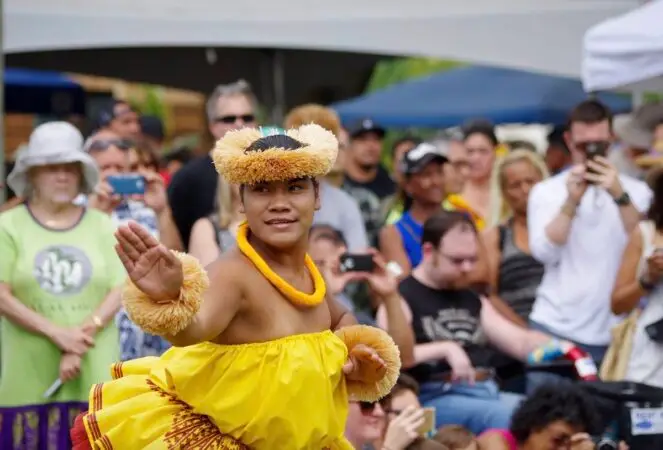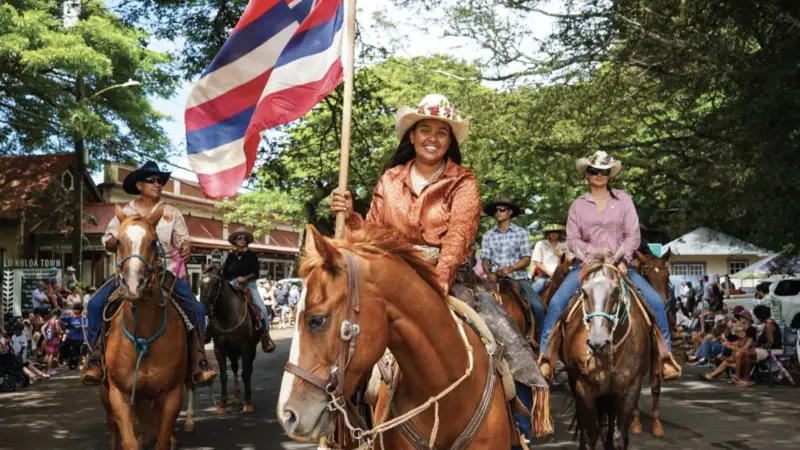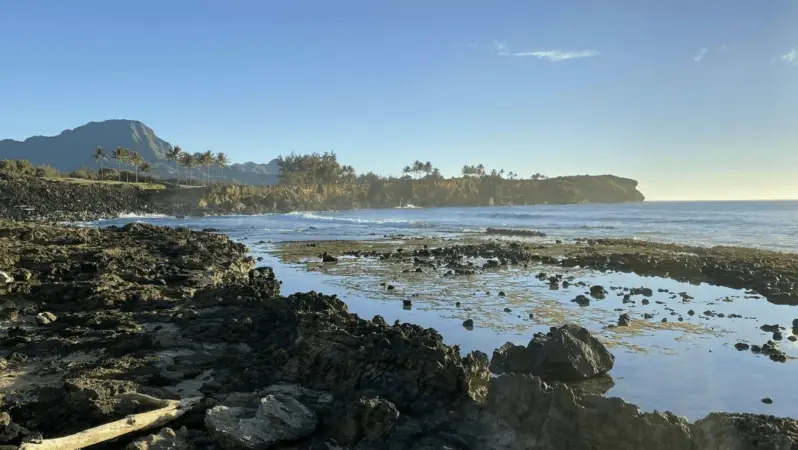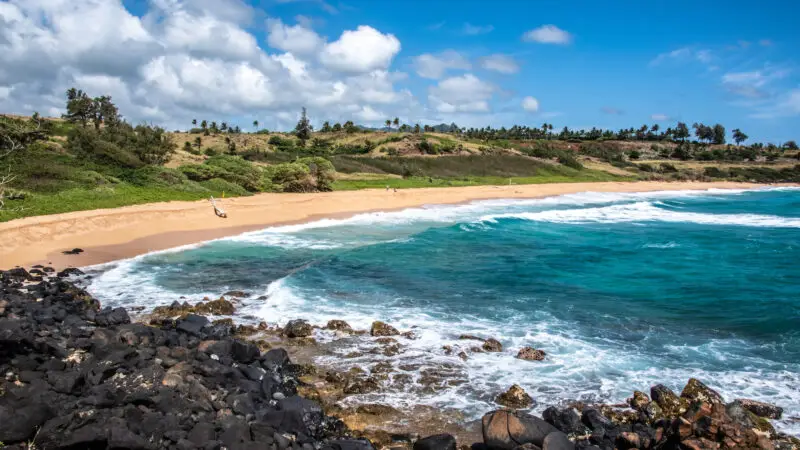Partner Content
June may be World Oceans Month, but preserving its coral reefs and keeping it clear of plastic is a year-round effort. On Kaua‘i, the nonprofit Ho‘omalu Ke Kai is helping protect the ocean through monthly beach cleanups, plastic recycling and upcycling, and a new strategic partnership with OUTRIGGER Kaua‘i Beach Resort & Spa.
The resort and the nonprofit organization debuted their new collaboration on June 8, World Ocean Day, with a conservation-themed celebration and beach clean-up for residents and visitors alike. Part of the festivities included the debut of clean-up kits for public use and a waste diversion station for marine debris found along 2-mile Nukoli‘i Beach, the longest beach on the East Side of Kaua‘i, stretching from the resort to the Wailua Golf Course. Ho‘omalu Ke Kai takes such debris to its headquarters in Kaumakani, identifying plastics that can be converted into building material and artwork as part of a Kauaʻi County project.
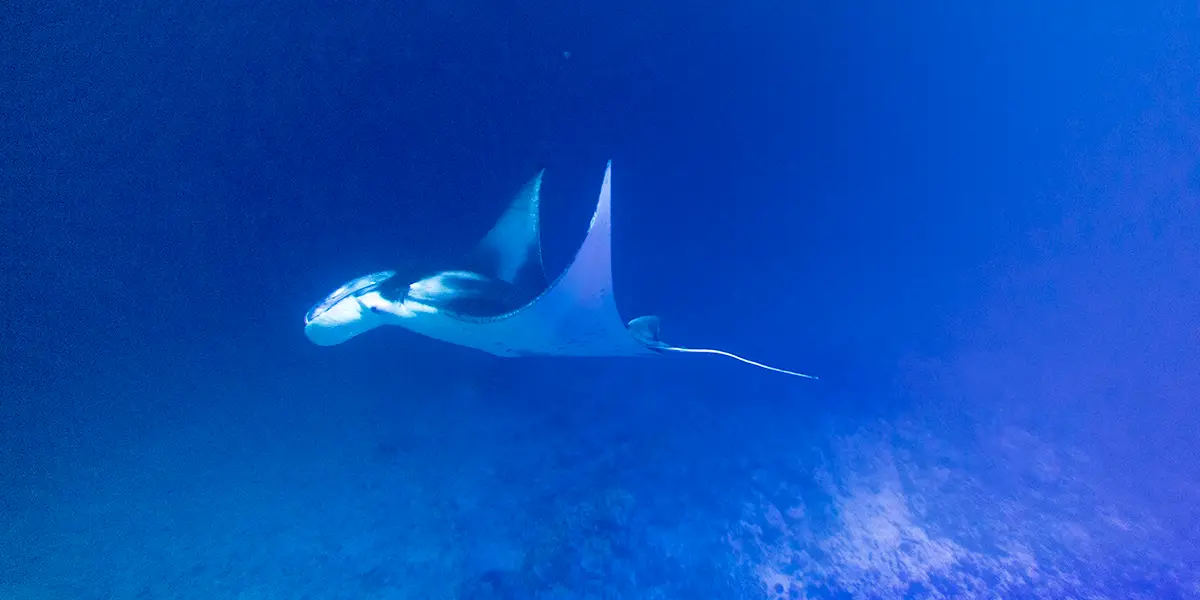
“With OUTRIGGER Kauaʻi Beach Resort & Spa opening up onto Nukoliʻi Beach, we feel a responsibility to be engaged stewards of this place,” said Frank Guarin, the resort manager. “This beach is our backyard and we are honored to have an ongoing partnership with Hoʻomalu Ke Kai, who work diligently to protect this space for both kama‘āina and visitors.”
Ho‘omalu Ke Kai welcomes visitors and community members to its regularly scheduled beach and underwater cleanups around the Garden Island the last Saturday of each month. Recent beach efforts have targeted Māhā‘ulepū on the South Shore, Hanamā‘ulu on the East Side and Anahola on the North Shore, while underwater and shoreline cleanups have cleared debris from Kukui‘ula Harbor and Ahukini Pier.
The three-year-old nonprofit says its staff and volunteers have removed 10,000 to 20,000 pounds of nets and other marine debris from Kaua‘i each year, including 700 pounds from Nukoli‘i Beach on Earth Day last April. Volunteers can also schedule a 2-hour work session at the nonprofit’s upcycling facility in Kaumakani, where an infrared spectrometer helps identify plastics that can be diverted from the landfill.

“Our goal is to showcase how simple it is to care for our coastlines and turn harmful marine debris into useful and beautiful new material,” said Tim Leichliter, director of operations at Hoʻomalu Ke Kai. “We are grateful to forge a meaningful partnership with OUTRIGGER, a hospitality company that truly cares for this place and its people.”
The partnership is part of the global OUTRIGGER Zone conservation initiative that has included eliminating major sources of single-use plastics such as straws and plastic water bottles, having recycling programs at all its properties and planting and protecting coral reefs in Fiji and Mauritius.
“Throughout our global destinations, OUTRIGGER is proudly launching a series of impactful initiatives for World Ocean Month this June,” said Monica Salter, VP of Global Communications & Social Responsibility at OUTRIGGER Hospitality Group. “Our collaboration with Ho‘omalu Ke Kai, a dedicated grassroots nonprofit, stands out as a key highlight. Their deep understanding of local community needs, combined with their unwavering passion, empowers them to drive remarkable and lasting positive change.”
Ho‘omalu Ke Kai has several programs specifically devoted to the coral reefs surrounding Kaua‘i, which like reefs worldwide are under threat from pollution, climate change and other human-caused impacts. In addition to creating a coral reef nursery to rebuild damaged reefs, the nonprofit trains young people on Kaua‘i in scuba diving and marine research so they can join surveys of fish populations and habitats on coral reefs conducted by the state’s Division of Aquatic Resources and the Association of American Underwater Scientists.
Kaua‘i visitors and residents can also volunteer in another monthly Ho‘omalu Ke Kai project, the restoration of the historic Nomilo loko i‘a (fishpond), a volcanic crater filled with 18 acres of brackish water connected via two short channels to the ocean. Now at the edge of a vast coffee farm, and owned and operated by a Hawaiian family, the fishpond is a sustainable source of fish, shellfish and seafood. Clearing invasive plants and rebuilding sections of its rock walls in need of repair has a positive impact on the local marine environment, according to Ho‘omalu Ke Kai. Volunteers simply need to sign up in advance for 3-hour workdays on the second Sunday of each month.

